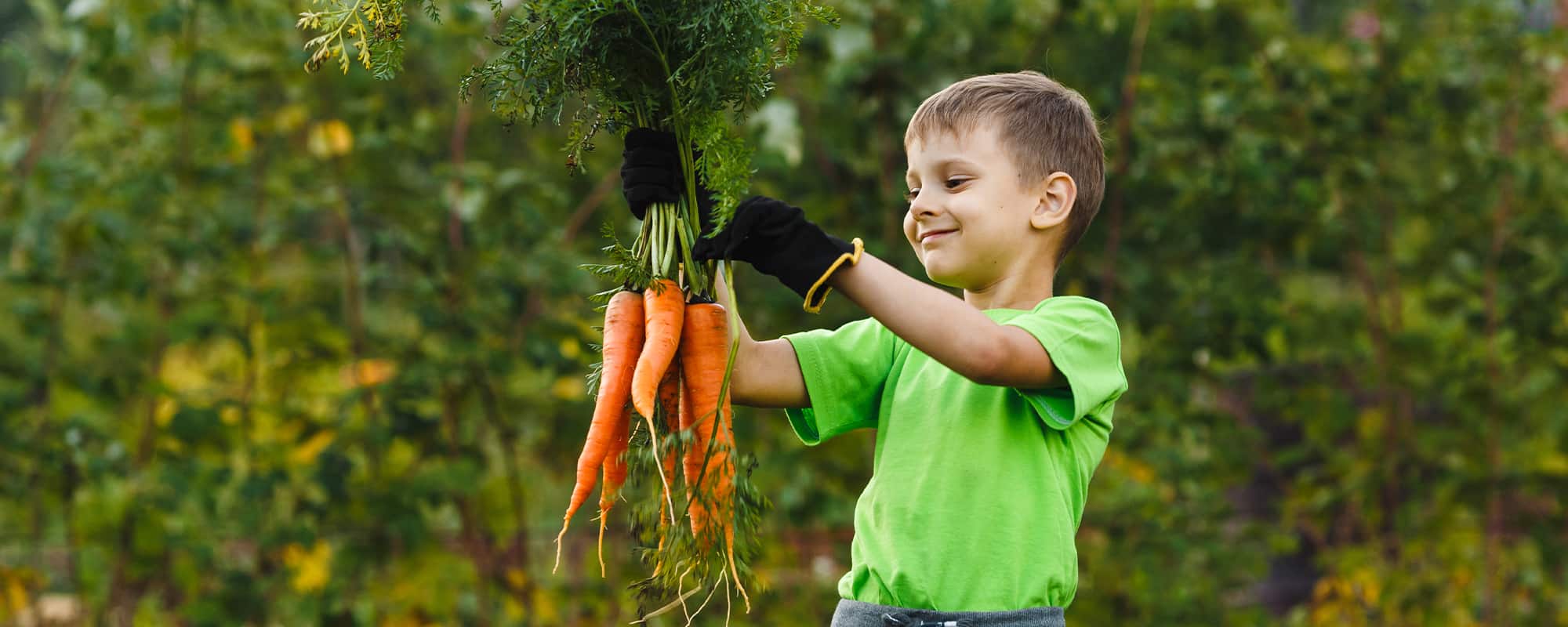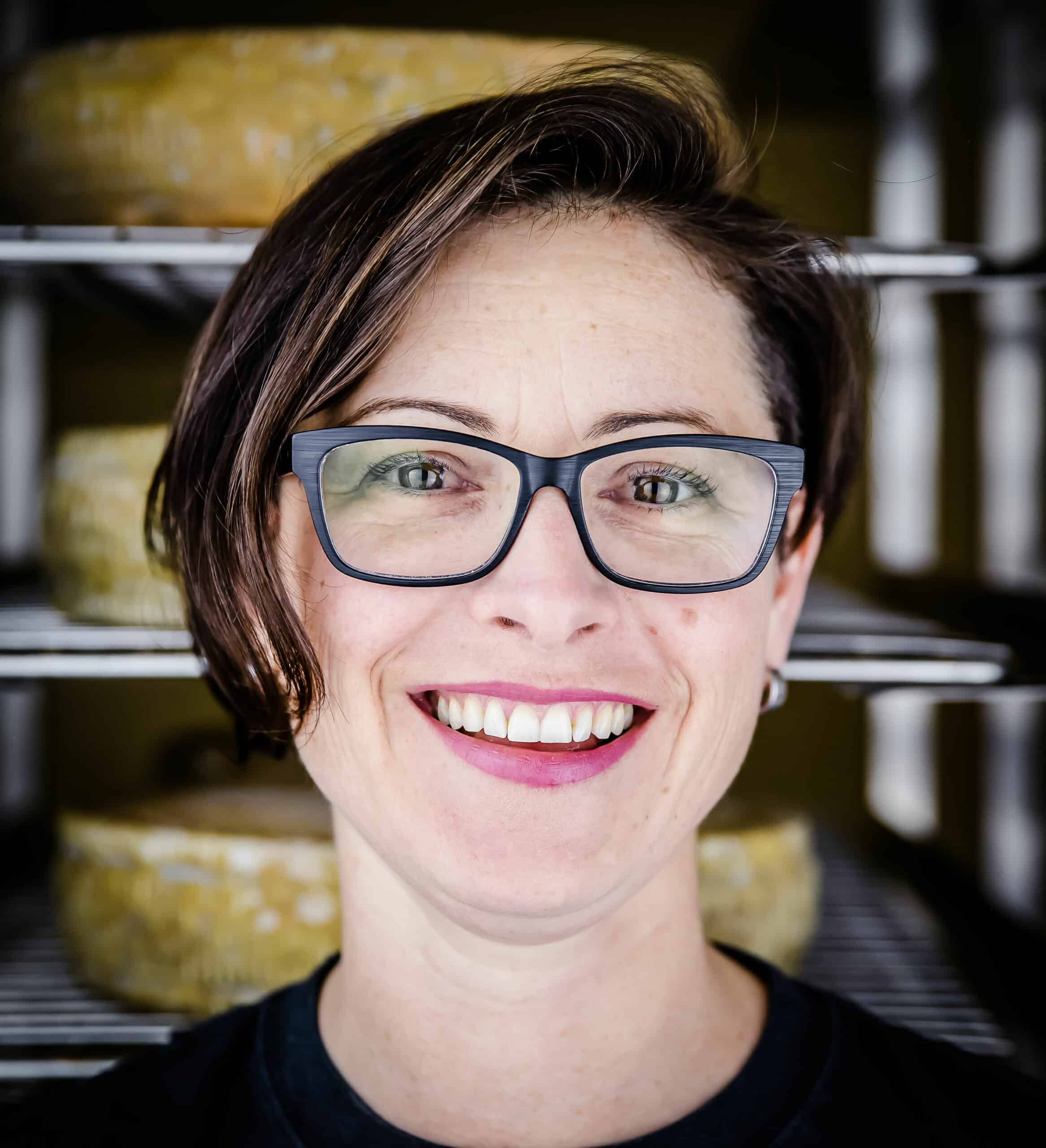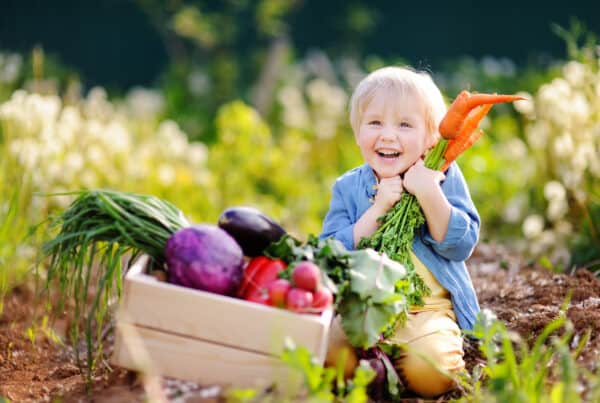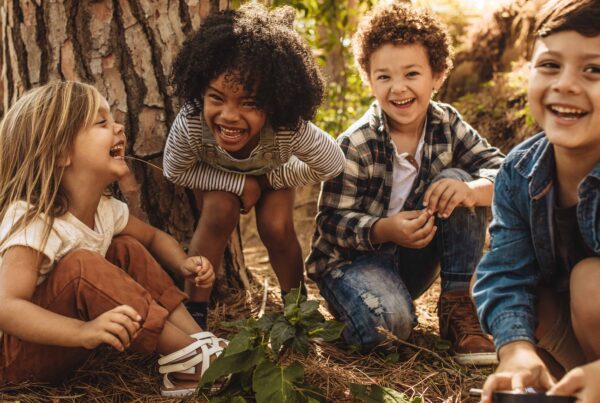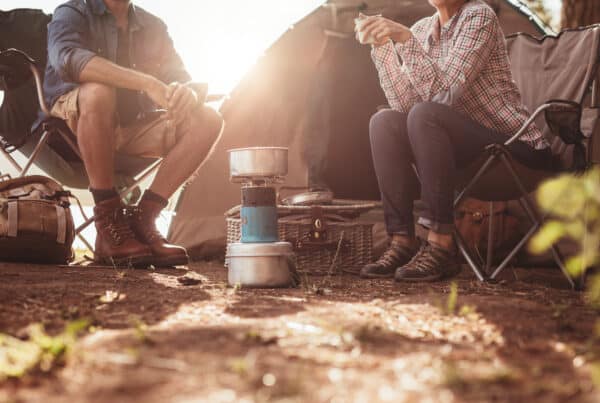The notion that consumption should be mindful sounds logical, right?
It seems strange to me that in this day and age with all the road bumps and minefields of parenting that somehow, we also need to be teaching our small humans mindfulness when it comes to tempering their desires.
But we live in a time of abundance, and when faced with abundance as all you’ve known, it is easy to take for granted things that either shouldn’t be abundant or wouldn’t under different circumstances. This is how I take my lead in teaching my small humans mindful consumption.
I perhaps have it a little easier than some – I live on a farm where feast and famine or abundance and scarcity is easily demonstrated and has a very real impact on how we live. This tangible example is my best tool in my parenting toolbox for demonstrating wants and needs.
At our farm, if water doesn’t fall from the sky, then we don’t have water. Examples such as these are very easy to come by on a farm entirely reliant on tank water, but under no circumstances does it curb their interests in all the things that attract their little eyes!
We still need to shop and it’s here where I really need to dig deep into the dark depths of my parenting toolbox to work with my children in reminding them that consumption has a real impact. Intellectually this is a conversation had daily with myself (and others) as part and parcel of running Ewe Care – a business founded on the values of sustainability.
It has been a major part of my adult learning to consider these things daily, and I intrinsically weave them into conversation and actions as a natural and normal part of ‘how I roll’. But children are a whole different ball game!
The last thing we want to do to our children in trying to teach them important values and life skills is to bore them. Sadly, in the overwhelm of the constant questions of “Mum, can I have this?”, we simply and understandably retort with a simple “No!”. I get it, it’s tiresome to delve into explanations, and let’s face it, how much energy do we really have against the relentless requests for ‘stuff’?
Perhaps the answer here is to get on the front foot. Load up that tool belt with an arsenal of highly functional written, learned and behaviourally ingrained examples and actions to deliver to our small people. Leave them with no doubt as to how to prioritise needs over wants and consume in good conscience.
Some of these – actually, most of these – are fun and really help teach new skills if you choose to partake. Other examples do require more explanation but have the added benefit of strengthening your relationship with your child.
Spend time enjoying outdoor activities like camping or fishing
Both activities featured heavily in my upbringing and taught me so many things about food, how to source it and prepare it and, most of all, the effort required to do so. Camping taught me to appreciate the roof I have over my head and the creature comforts of home.
Spend time creating with arts and crafts
These kinds of tasks are an opportunity to engage in conversation with your children about the effort required to produce things and discuss how things might be made now as opposed to decades prior.
Cook with them
Food preparation is a massive part of how we spend our time and how we develop respect for produce. The more skills our children have in the kitchen the less likely they are to depend on heavily packaged low-nutrient food as a source of sustenance. They are also less likely to be wasteful.
Create a plan for ‘use it or lose it’
Sounds harsh, and trust me, sometimes it is! But seriously, how many stuffed toys do kids really need? We are doing them no favours by housing ever increasing volumes of toys. It’s not always easy or pleasant, but it’s important to highlight this as a wants vs needs exercise and to give them a true understanding of what they have as opposed to what they need.
Walk the walk and talk the talk
Show, don’t tell. Living on a farm that not only farms animals but is also the primary place of manufacture, we often take family walks to either round up sheep or survey what’s going on with seasonal changes or environmental impacts. This gives us the perfect opportunity to demonstrate how our choices can impact our surroundings. The other benefit of ‘walking the paddocks’ is the conversations around observations of what’s growing or not and why that might be.
Empower them to know they can make a difference
As adults I know how overwhelming it can be to fall into the trap of believing our actions are merely the actions of one individual. But I strongly believe that if we empower our children with the confidence and knowledge that they can make a difference, that’s a huge step in the right direction towards mindful consumption.
Don’t forget that the issues we face currently are relatively new, and this generation has a far greater awareness and understanding than we ever did at their age. I believe the more we practice mindful consumption as parents, the more likely we are to create mindful children who understand how to balance their needs and wants.
Head to www.pakmag.com.au to listen to Nicole joining Bree to discuss mindful consumption and pioneering sustainable skincare products and packaging.

